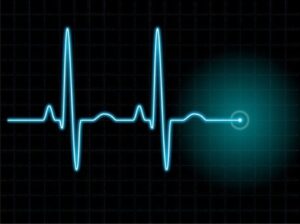The virtual care specialist Vivalink has released an improved version of its Biometrics Data Platform. The platform is geared toward clinical trials, and allows researchers to track the health of subjects outside of a traditional clinical environment.

In plain terms, that essentially means that the Platform is a remote patient monitoring solution that comes with the wearable sensors needed to capture biometric data, and the software needed to analyze it. On the hardware front, Vivalink offers a reusable ECG monitor that can run for as long as 120 hours on a single charge, a figure that is up from 72 hours in prior iterations of the sensor. Researchers also have access to temperature and cardiac detectors.
Once that information has been collected, Vivalink’s software will consolidate the data and transmit it for subsequent analysis. The Platform will automatically upload information to the cloud while it is connected to a network, though it will continue to gather information in places with a spotty internet connection. In those cases, the platform can store as much as 20 hours of medical data in a local cache, and will transmit that data once the connection is re-established.
Vivalink’s data collection practices are compliant with the latest HIPAA and GDPR privacy requirements, while the sensors have been cleared for use in the United States, China, and the European Union. The Platform can capture data in real time or in a more episodic fashion, and comes with algorithms for arrhythmia and respiratory rate detection.
Patients, meanwhile, have access to a mobile app that allows them to track their own health. The Platform has been used for multiple medical research projects, including an atrial fibrillation study and a teenage stress and depression study at the University of California, San Francisco, and Stanford University, respectively.
The demand for Remote Patient Monitoring solutions increased during the COVID-19 pandemic. In that regard, solutions from companies like Vivalink, Vivify, and BioIntelliSense have allowed doctors to keep track of their patients when lockdowns made it unsafe to attend appointments in person.
Source: MobiHealthNews
–
August 20, 2021 – by Eric Weiss




Follow Us